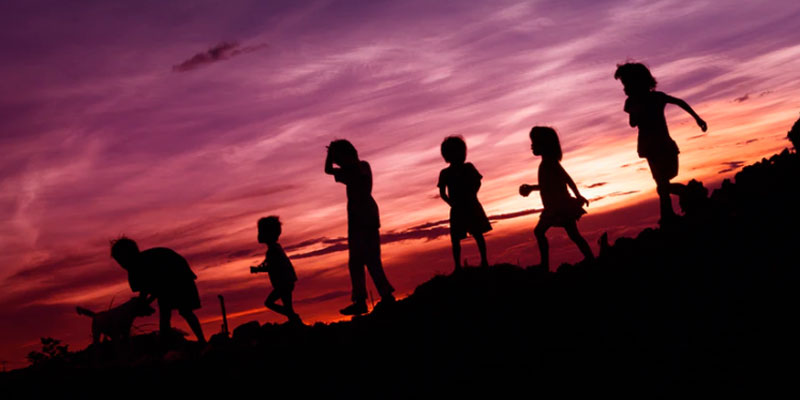
Concern about COVID and kids has to be put in perspective.
I read somewhere not long ago that the thing with alcohol isn’t so much that it lowers inhibitions as that it narrows one’s focus. Having fun in the moment, touching base with your high school friend at 4:00 in the morning, anger at that guy looking at you funny across the bar… these things become very important, and one winds up doing things that are embarrassing and harmful because the focus was inappropriate and the reaction therefore overblown.
That’s something like what Harvard University professor of medicine Martin Kulldorff is saying about COVID and children:
“I don’t think children should be vaccinated for COVID. I’m a huge fan of vaccinating children for measles, for mumps, for polio, for rotavirus, and many other diseases, that’s critical. But COVID is not a huge threat to children,” he said on EpochTV’s “American Thought Leaders” program. The full episode will be released at 7 p.m. New York time on Oct. 26 on EpochTV.
“They can be infected, just like they can get the common cold, but they’re not a big threat. They don’t die from this, except in very rare circumstances. So if you want to talk about protecting children or keeping children safe, I think we can talk about traffic accidents, for example, which they are really at some risk.
“And there are other things that we should make sure to keep children safe. But COVID is not a big risk factor for children.”
In Sweden, he says, the only restriction placed on children was that the families were asked to keep them home when they were sick. No masks, no distancing, and certainly no school closures. Of 1.8 million children, precisely zero died from the disease.
If we’re disrupting the childhoods of young Americans so much (and talking about giving them vaccines that are still untested for long-term effects) for the miniscule-to-them risk of the coronavirus, why aren’t we taking similar measures for all of the other comparable (or worse) risks they face every day?
Some of us react to such questions with fear that too many people won’t take them as rhetorical, but as suggesting that we must do more to deal with those other mild dangers. In that regard, we have to remember that, in addition to the direct harms of our reaction to COVID, it can also set a precedent, even a retroactive one for risks that we used to brush aside just a couple years ago.
Featured image by Rene Bernal on Unsplash.

